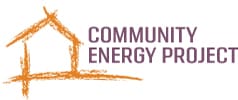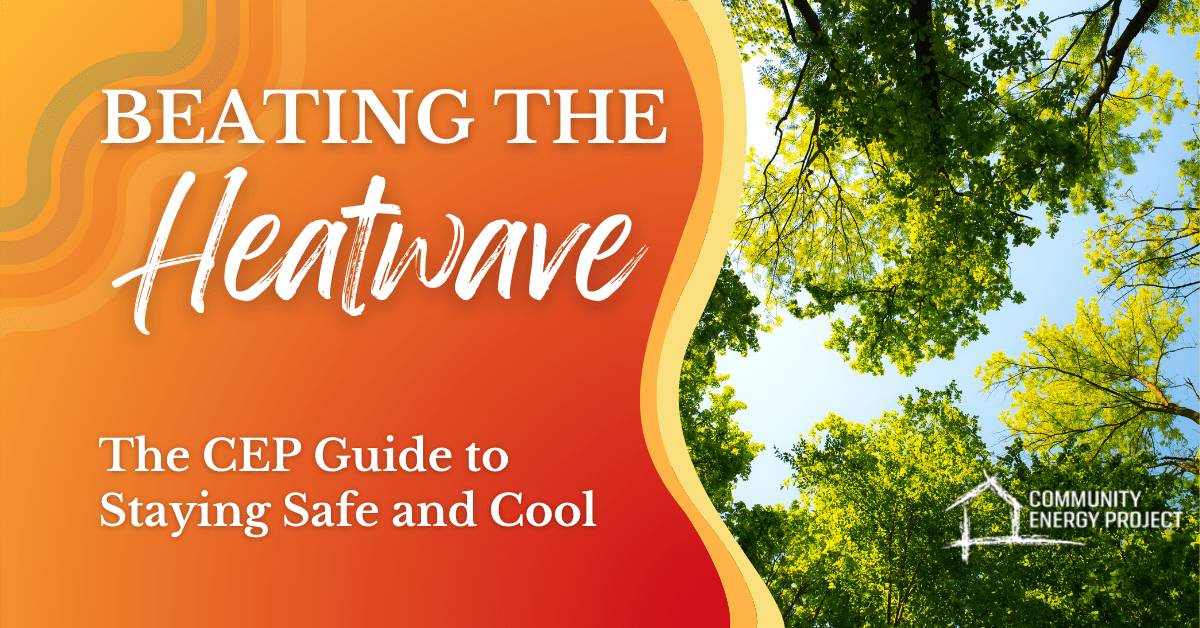Beating the Heatwave: The CEP Guide to Staying Cool and Safe
Beating the Heatwave: The CEP Guide to Staying Cool and Safe
Most of the year Oregonians are looking forward to sunny days and outdoor adventures, but it’s important to remember that extreme heat can quickly turn from pleasant to perilous. Rising temperatures not only put a strain on our comfort, but also pose serious health risks. When Portland faces a heatwave with temperatures reaching over 100° F it is important to know some of these tips and tricks and what to look out for with one’s health.
Many Portland residents don’t have access to air conditioning or other cooling resources but fear not, because CEP has you covered no matter what your home environment looks like. Along with feeling comfortable during these high temperatures, it’s crucial to be vigilant about signs and symptoms of heat-related illness. So, let’s dive in and learn how to outsmart the heat, beat the sweltering days, and make any heatwave a breeze to endure.
 How to Keep Your Body Cool
How to Keep Your Body Cool
- Stay hydrated! Drinking water is essential for maintaining your body’s core temperature. When you’re adequately hydrated, your body can efficiently sweat and release heat, which helps lower your body temperature.
- Take a cold shower or bath to help lower your body’s core temperature.
- Focus on cooling your pulse points such as your wrists and neck. Place a cold rag or ice packs on your wrists or drape it around your neck to cool your body. These pulse points are areas where blood vessels are close to the skin, so you’ll cool down more quickly.
 Cooling Down Your Home
Cooling Down Your Home
- Close your curtains or blinds. If you have windows that face the sun’s direction in the morning through afternoon, close the curtains or blinds over them to keep the sun from coming directly into the house and heating up the inside.
- Turn off lights and turn on the exhaust fans in your kitchen and bathroom. Bathroom fans and kitchen exhaust fans draw heat and humidity away from your house. Use exhaust fans more regularly (not just after a steamy shower or a long day of cooking) during the summer months to cool your home. Turn them on during the day to draw hot air out of your home.
- Avoid using heat-producing appliances. Switch up your cooking routine by giving your oven a rest. Instead, try grilling outdoors or switch to meals that don’t require heating. Cold salads, veggies, and fruit-based dishes are good options. Also, avoid extended use of small appliances that give off heat, such as toasters, microwaves, or even your dryer. Sun-drying clothes on a line helps keep the heat outside and reduces your energy use!
 Heat-Related Illnesses
Heat-Related Illnesses
Summer is the time for fun in the sun but often we forget that extreme heat, indoors and outdoors can pose a health threat. Exposure to abnormal or prolonged amounts of heat and humidity without relief or adequate fluid can cause various types of heat-related illness.
“An average of 702 heat-related deaths occur each year in the United States”, according to statistics from the Centers for Disease Control and Prevention (CDC).
There are three types of heat-related illnesses:
Heat cramps: are the mildest form of heat illness and consist of painful muscle cramps and spasms that occur during or after intense exercise and sweating in high heat.
Heat exhaustion: is more severe than heat cramps and results from a loss of water and salt in the body without replacement. If left untreated, it can progress to heat stroke.
Heat stroke: is the most severe form of heat illness, occurs when the body’s heat-regulating system is overwhelmed by excessive heat. It is an emergency and requires immediate medical attention.
Here are a few ways to protect from heat-related illnesses:
- Drink plenty of fluids and avoid alcohol and fluids with caffeine.
- Dress in light colored, lightweight, tightly-woven, loose-fitting clothing on hot days.
- Slow down, and reduce strenuous activity. Mow the lawn or garden in the early morning or late evening instead of midday.
- Eat light, easy-to-digest foods.
- When outside mist yourself with a water bottle. When inside, take frequent cool baths or showers and use cold compresses to cool off.
- Seek immediate medical attention if you experience symptoms of heat illness.
Local Cooling Resources
- Splash pad locations: www.portland.gov/parks/recreation/splash
- Visit the Multnomah County website: Help for When It’s Hot

